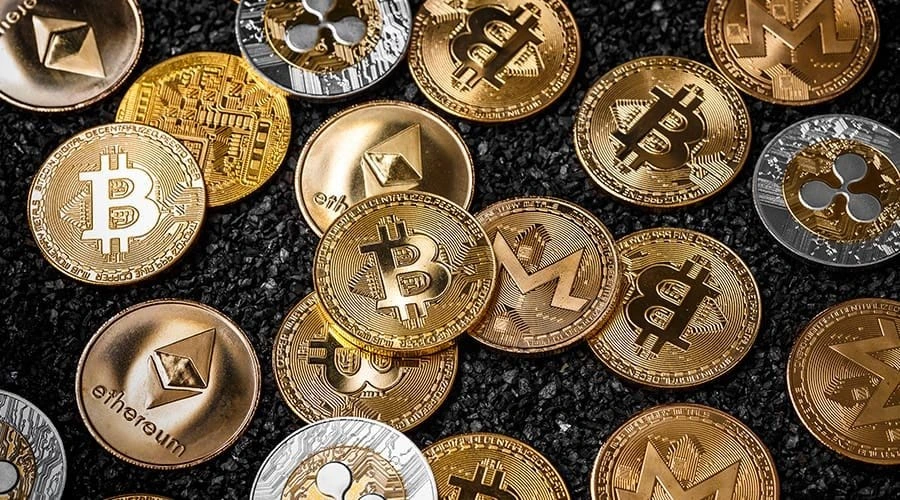PROTECT YOUR DNA WITH QUANTUM TECHNOLOGY
Orgo-Life the new way to the future Advertising by AdpathwayUBS has upgraded its recommendation for Brazilian assets to “buy,” reflecting a shift in market sentiment as the country’s interest rate cycle nears its peak and investors turn their focus to the upcoming 2026 elections.
This move comes after Brazil’s economy posted a strong 3.4% growth in 2024, but official forecasts now point to a slower pace ahead, with most institutions expecting growth between 2% and 2.3% in 2025.
The World Bank, IMF, and Brazil’s own central bank all project this moderation, driven by tighter credit and less government spending. Inflation remains a concern. The official inflation target for 2025 is 3%, but most forecasts expect it to land higher, around 5%.
This is why Brazil’s central bank has kept the Selic interest rate high, currently at 14.25%, and analysts expect it could reach 15% by the end of the year. High rates make loans more expensive and slow down investment, but they are intended to keep inflation under control.
The Brazilian real has also come under pressure, with the exchange rate expected to close 2025 near 5.90 per US dollar. This reflects both global uncertainty and Brazil’s own fiscal challenges.
 UBS Upgrades Brazil to “Buy” as Interest Rates Peak and Elections Loom. (Photo Internet reproduction)
UBS Upgrades Brazil to “Buy” as Interest Rates Peak and Elections Loom. (Photo Internet reproduction)The government’s debt remains high and is projected to rise further, as public spending pressures continue. Despite these challenges, Brazil’s stock market is drawing attention from investors like UBS because local assets look cheap compared to historical averages.
The price-to-earnings ratio for Brazilian stocks is well below the 10-year average, making them attractive for those willing to take on some risk. Investors are also watching the 2026 elections closely.
UBS Upgrade Underscores Brazil’s Turning Point
President Lula’s approval ratings have slipped, and some expect a shift toward a more fiscally conservative government, which could help restore confidence in Brazil’s finances.
The government has introduced some reforms, such as changes to indirect taxes, aiming to simplify the tax system and boost productivity. However, many analysts say more needs to be done to address structural issues and keep the economy growing in the long term.
In summary, UBS’s upgrade highlights a turning point for Brazil. The country’s assets are cheap, and if inflation comes down and political uncertainty eases, there could be significant opportunities. But risks remain, especially if inflation stays high or fiscal problems worsen.
For businesses and investors, understanding these trends is key to making informed decisions about Brazil in the coming years. The story is one of potential, but also of caution, as Brazil navigates a challenging global and domestic environment.
All figures and claims in this article are based on official projections and data


 4 weeks ago
28
4 weeks ago
28










 English (US) ·
English (US) ·  French (CA) ·
French (CA) ·  French (FR) ·
French (FR) ·